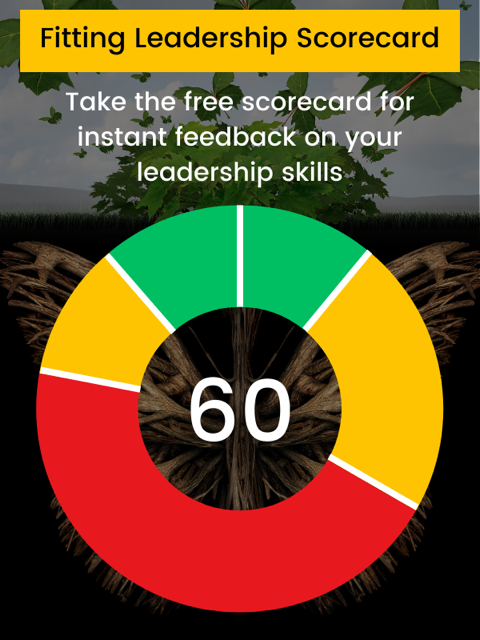Article Insights for Dental Practice Leadership: The Conflict-Intelligent Leader
September 18, 2025

Article Title: The Conflict-Intelligent Leader
Source: Harvard Business Review July-August 2025
Link: https://hbr.org/2025/07/the-conflict-intelligent-leader
Summary
In recent years there has been considerable strife across societies. At the same time conflict at work is on the increase with data from a Society for Human Resource Management survey on US employees showing a considerable rise in incivility leading to significant losses in productivity.
This means that leaders have to be able to manage disputes effectively and be a conflict-intelligent leader.
The Four Core Competencies
Effective practice leaders develop these four skills:
1. Self-awareness & self-regulatiom
Recognize personal triggers and stay composed under pressure. When a reception-clinical dispute flares, know your reactions and model calm engagement.
2. Social conflict skills
Listen actively, advocate constructively, and embrace healthy debate. Facilitating safe discussions in morning huddles builds trust and creativity.
3. Situational adaptivity
No two conflicts are alike. Tailor your approach—what works for a workflow issue may not for a values clash.
4. Systemic wisdom
See patterns. Is conflict often surfacing between nurses and associates? Review roles, policies, and underlying workloads to find root causes.
Seven Principles for Every Dental Leader
To apply conflict intelligence in your practice, use these proven principles:
1. Lay the Groundwork
Set strong foundations before conflict erupts. Clearly define practice communication norms, ensure everyone knows where to take concerns, and create an environment of psychological safety.
2. Grow Rapport
Encourage team members to understand each other’s perspectives. Try job shadowing, or routine cross-role debriefs, so people appreciate daily challenges outside their remit.
3. Balance Discipline with Creativity
Set clear boundaries—this is what we expect—but empower the team to suggest new solutions to persistent problems. Stay firm on values, flexible in methods.
4. Master Adaptivity
Shift strategies for each situation. Some conflicts need direct resolution, others benefit from a step-back approach or mediation.
5. Leverage the Broader Context
Explore what else might be fueling tension: new policies, patient pressure, unclear roles. Address system-wide issues, not just surface disagreements.
6. Aim for Generational Peace
When resolving conflict, think long-term. Structure follow-up, establish new norms, and revisit progress in regular check-ins.
7. Be Opportunistic
Sometimes crises—missed targets, supply shortages—expose underlying issues. View these moments as opportunities to rebuild, clarify, and grow together.
Practical Steps for Dental Teams
-
Hold structured, open conversations when problems first arise—don’t wait until small issues become toxic.
-
Promote transparency and regular, honest feedback.
-
Mix teams in problem-solving sessions; cross-pollinate admin and clinical voices.
-
Follow up on resolutions with a clear action plan.
Closing Reflection
What recurring conflict surfaces in your practice—communication breakdowns, unclear roles, personality clashes? Noticing these patterns is your first step to becoming a conflict-intelligent leader.
Sign up here
to receive actionable insights by email



Please add your comments and thoughts on the above article and engage with the broader community.